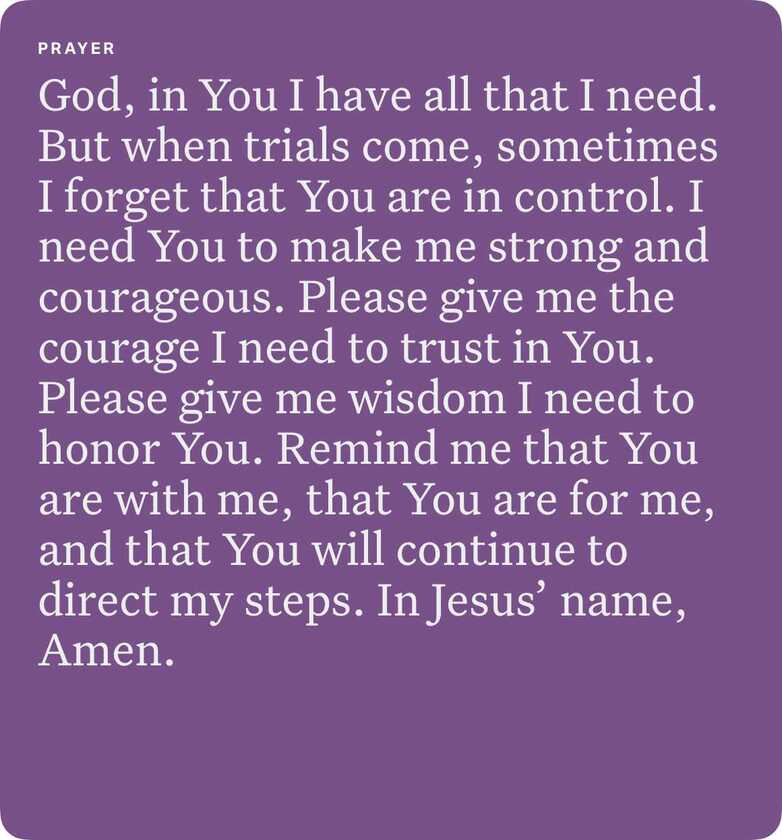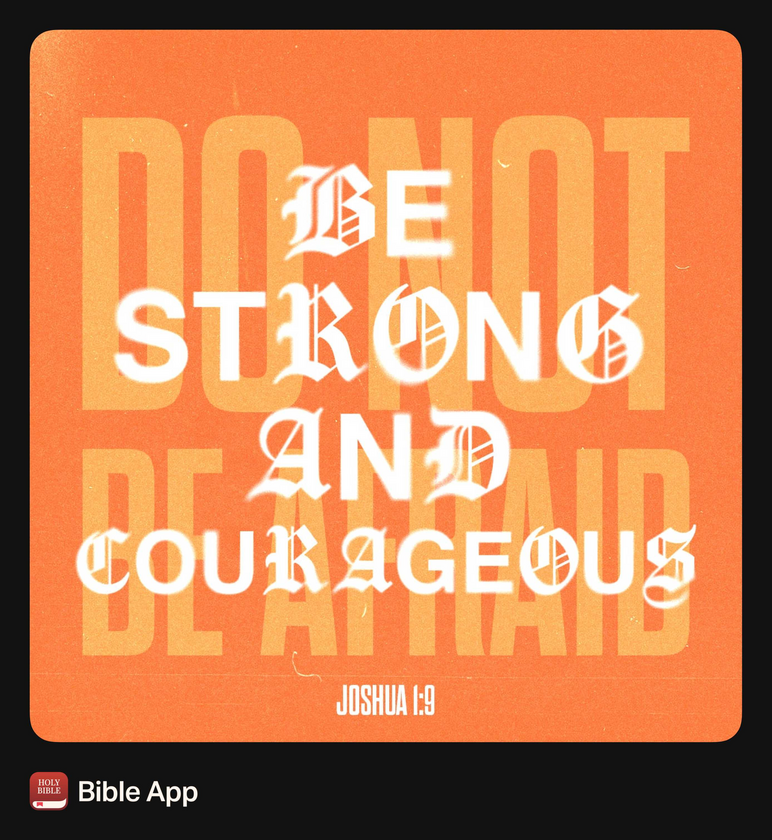I will share about Christian books I have read or listened to.
I will be sharing about my life before and after Christ. I will include stories about my pet and other pets I have encountered.
True Religion
What do you think about when you hear the word religion?
Maybe you picture a church building. Maybe you envision a cross. Maybe you imagine statues or cathedrals or altars or pews. Maybe the thought of religion brings you comfort, or it makes you want to run in the opposite direction.
Here's what the Bible says religion truly is:
“Religion that God our Father accepts as pure and faultless is this: to look after orphans and widows in their distress and to keep oneself from being polluted by the world.”
James 1:27 NIV
True religion in God’s eyes is looking after the hurting and most vulnerable, as well as honoring Him with your life.
You can do this in countless ways. Here are just a few:
Physically: You could deliver groceries to a neighbor, teach a kid to read or play catch, invite a new friend over for dinner, or even foster or adopt a child (or support those who foster or adopt children).
Financially: You can give generously to ease the financial burden to those who don’t have much support. You could find a local church or charity to donate to, or offer to help with utility bills, kids’ extracurricular activities, or even pay off debt.
Emotionally: You can be the hands and feet of God—by showing up, listening, encouraging, and simply being present.
Spiritually: You can offer spiritual support or prayer to those who could use guidance, direction, or even reminders of what they already know to be true.
James writes that true religion in God’s eyes also involves keeping yourself “from being polluted by the world.” How can you do that? You can trust God’s heart. You can surrender to His ways. You can keep your eyes on Him.
Being “religious” isn’t about a showy facade or a spiritual checklist, but loving God and serving others—which, ultimately, makes us more like Him.
God is With You
Throughout the Bible, there are various moments when God tells someone to not be afraid. Each one comes at a time when the hearer has every reason to be very afraid.
In one instance, Joshua, the leader of Israel after the death of Moses, was taking the Israelites to their promised land (see: Exodus 3). He was leading over one million people to a place God had promised, and it meant going through some overwhelming and terrifying situations.
In the midst of this, God commanded Joshua to do two things:
Obey the Word of God and, be strong and courageous because the Lord was with them. (See: Joshua 1:7-9)
In Matthew 28, Jesus says something similar just after His resurrection. He is with His eleven disciples and He tells them:
“All authority in heaven and on earth has been given to me. Go, therefore, and make disciples of all nations, baptizing them in the name of the Father, and of the Son and of the Holy Spirit, teaching them to observe all that I have commanded you, and behold, ...















